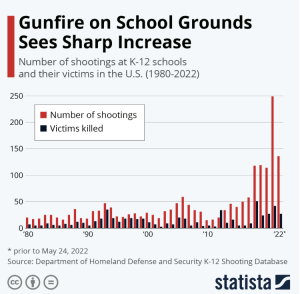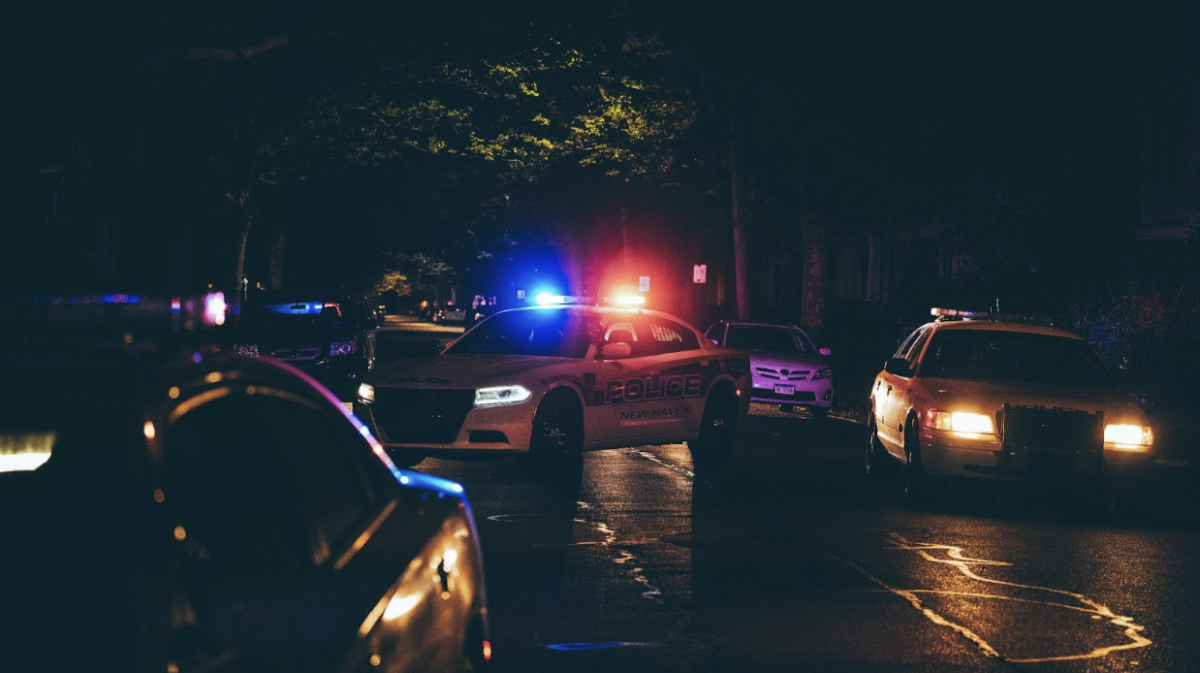An interesting piece of legislation has recently gained traction across national news platforms. The state of Florida is set to become the testing ground for a controversial new school security program that uses the deployment of armed drones. Funded by the state’s 2025-2026 budget, the project is set to use $557,000 a year. Three school districts are test-running a program from a Texas-based company, Campus Guardian Angel, to introduce unmanned drones to school campuses. The program’s creators and proponents claim the technology is a necessary and innovative solution to the ongoing threat of school shootings. By enhancing security, it discourages people from bringing weapons into the campus.
The drones are not equipped with traditional firearms, but instead use non-lethal deterrents such as pepper spray pellets, bright strobe lights, and glass-breaking tools. Their primary purpose is to act as a first-response option, reaching an assailant within seconds of a silent alarm being triggered. These drones “will be operated by FAA-certified pilots located in Texas” (2025, NYPost). They are designed to distract, disorient, and delay an attacker, providing crucial time for students and staff to find cover and for local law enforcement to arrive on the scene. The live video feeds from the drones also give first responders real-time situational awareness, an advantage that could save lives.

The promise of a 15-second response time is a significant claim, but the initiative has sparked a debate. Critics, parents, educators and civil liberties advocates, raise serious ethical and logistical questions.
Many also wonder what would happen if a drone malfunctions or crashes into a student during a high-speed flight. Who would be liable if a non-lethal deterrent accidentally causes serious harm? Despite these negative concerns, installations are proceeding within many Florida schools. The cost of implementing this security system is aimed to be around four dollars a student, and a $15,000 upfront set up fee.
“We send our kids to school to be safe, I think this is another step in the right direction to ensure the safety of our kids,” AcadeMir Preparatory principal John Lux.
With the Florida Department of Education set to select the three pilot districts, installations are scheduled for September and October 2025, with live service set to begin in January 2026.
While the program’s advocates, like Campus Guardian Angel, confidently predict its success in stopping or slowing down attackers, the true measure of its effectiveness will only become clear after the trial period concludes and its real-world impact on school safety is evaluated.











































































